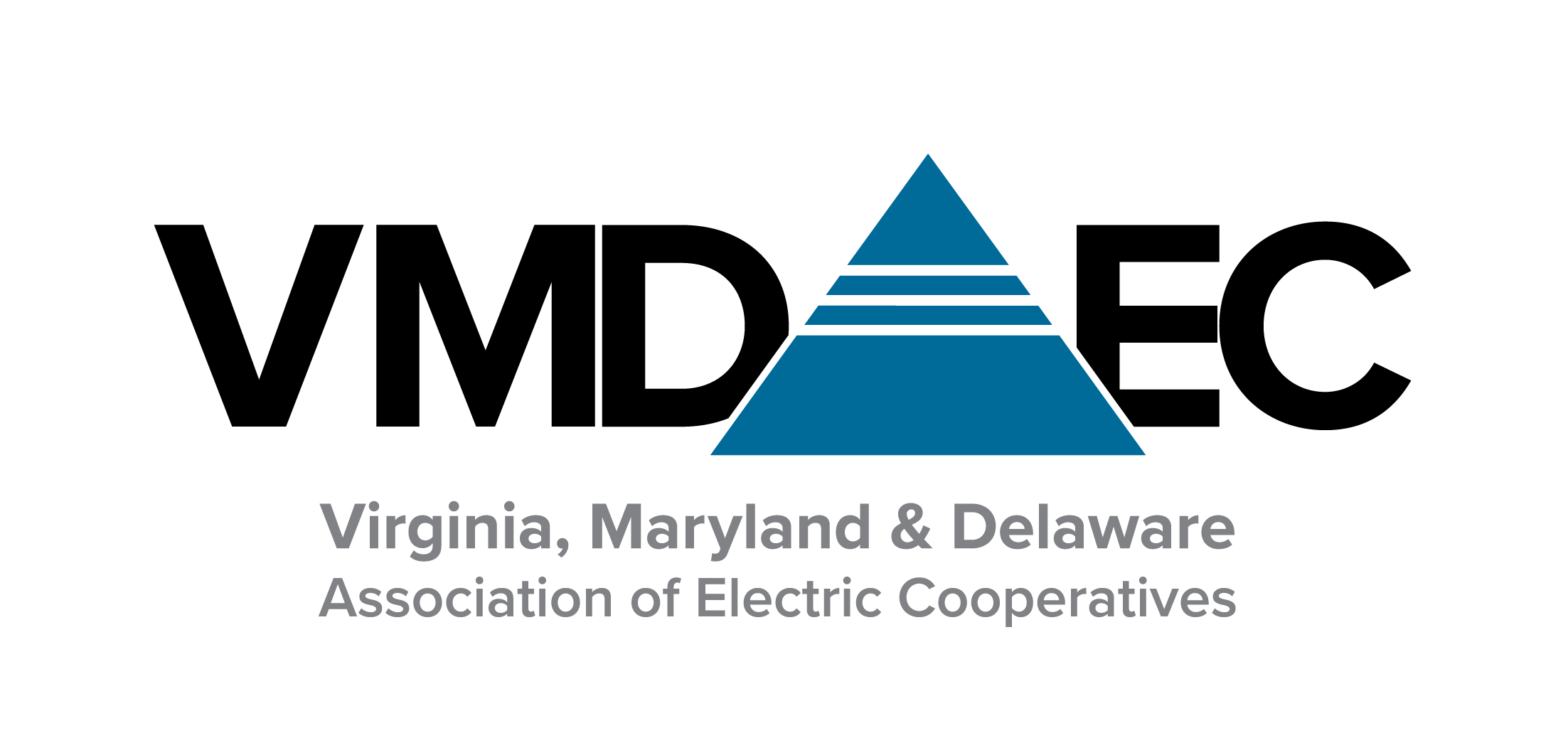HB851:
Paid sick leave; penalty, state tax deduction.
Bill Summary:
Paid sick leave; penalty; state tax deduction. Requires
employers, as defined in the bill, to provide 40 hours of paid sick
leave, prorated to reflect the average number of hours worked per week by each
employee, as defined in the bill, in the previous 12
months, for all existing eligible employees and eligible employees that have
been employed for at least 12 months. For eligible employees who have been
employed for less than 12 months, employers must provide 20 to 40 hours of paid
sick leave, prorated to reflect the expected number of hours worked per week by
each employee, as determined by the employer. Employers with at least 25 but
not more than 49 full-time employees receive a
nonrefundable state tax deduction equivalent to 120 percent of the value of any
paid sick leave provided by an employer to an employee.
Employers with existing paid sick leave policies providing at
least 40 hours per year of paid sick leave are exempt from the requirements of
the bill. The bill allows employers to request a
hardship waiver from the Department of Labor and Industry for certain
circumstances and requires employers to provide a
written notice of information related to paid sick leave to each employee at
the commencement of employment or by January 1, 2023. The
bill requires that sick leave be available for any eligible employee to
use at the commencement of employment and provides
that paid sick leave may be used (i) for an employee's mental or physical
illness, injury, or health condition, an employee's
need for medical diagnosis, care, or treatment of a mental or physical illness,
injury, or health condition, or an employee's need
for preventive medical care or (ii) to provide care to a family member under
similar circumstances.
The law prohibits employers from taking certain retaliatory
actions against employees related to paid sick
leave, and the bill authorizes the Department, in the case of a knowing
violation, to subject an employer to a penalty not to exceed $150 for the first
violation, $300 for the second violation, and $500 for each successive
violation, if the second or successive violation occurs within two years of the
previous violation. The Commissioner of Labor and Industry may institute proceedings on behalf of an employee to
enforce compliance with the
bill and to collect specified amounts from the employer, which shall be
awarded to the employee.
Many of the provisions of the bill
currently apply to certain home health workers. The
bill has a delayed effective date of January 1, 2023.
Bill Patron: Reid
Last Action(s):
(House) Left in Commerce and Energy February 15, 2022
Bill Status:
